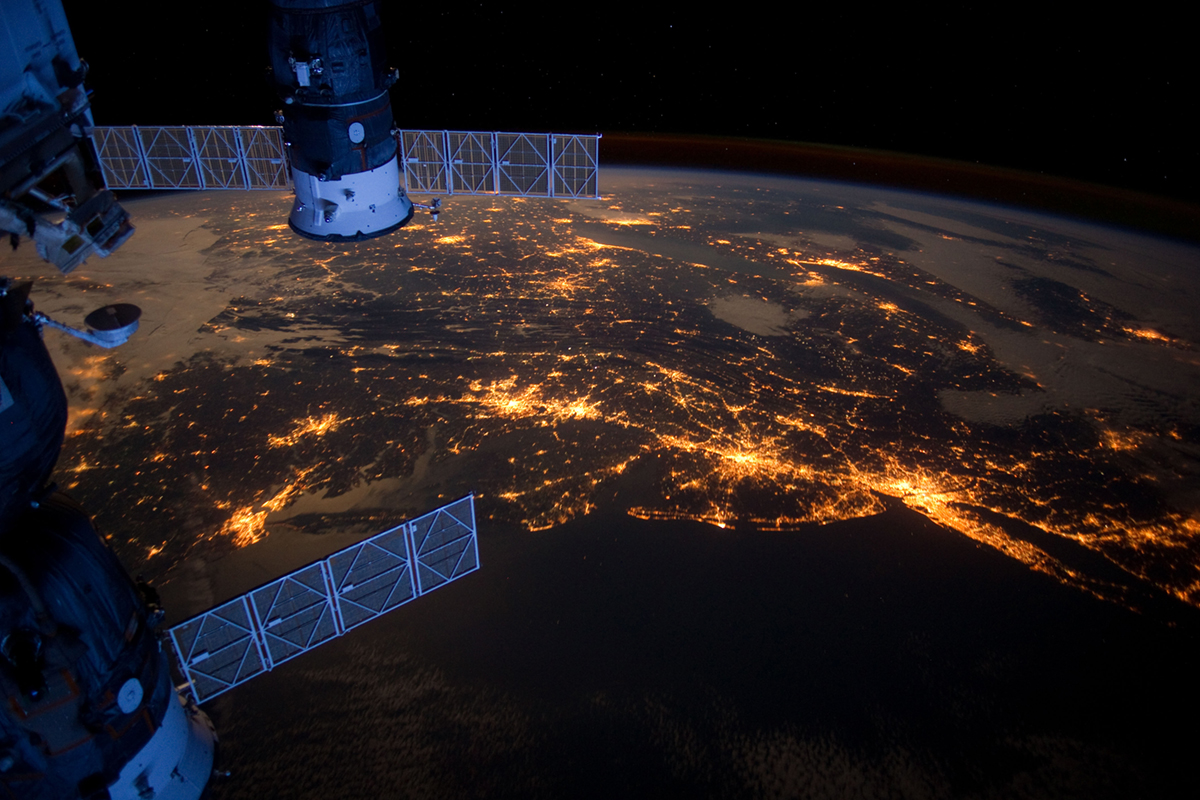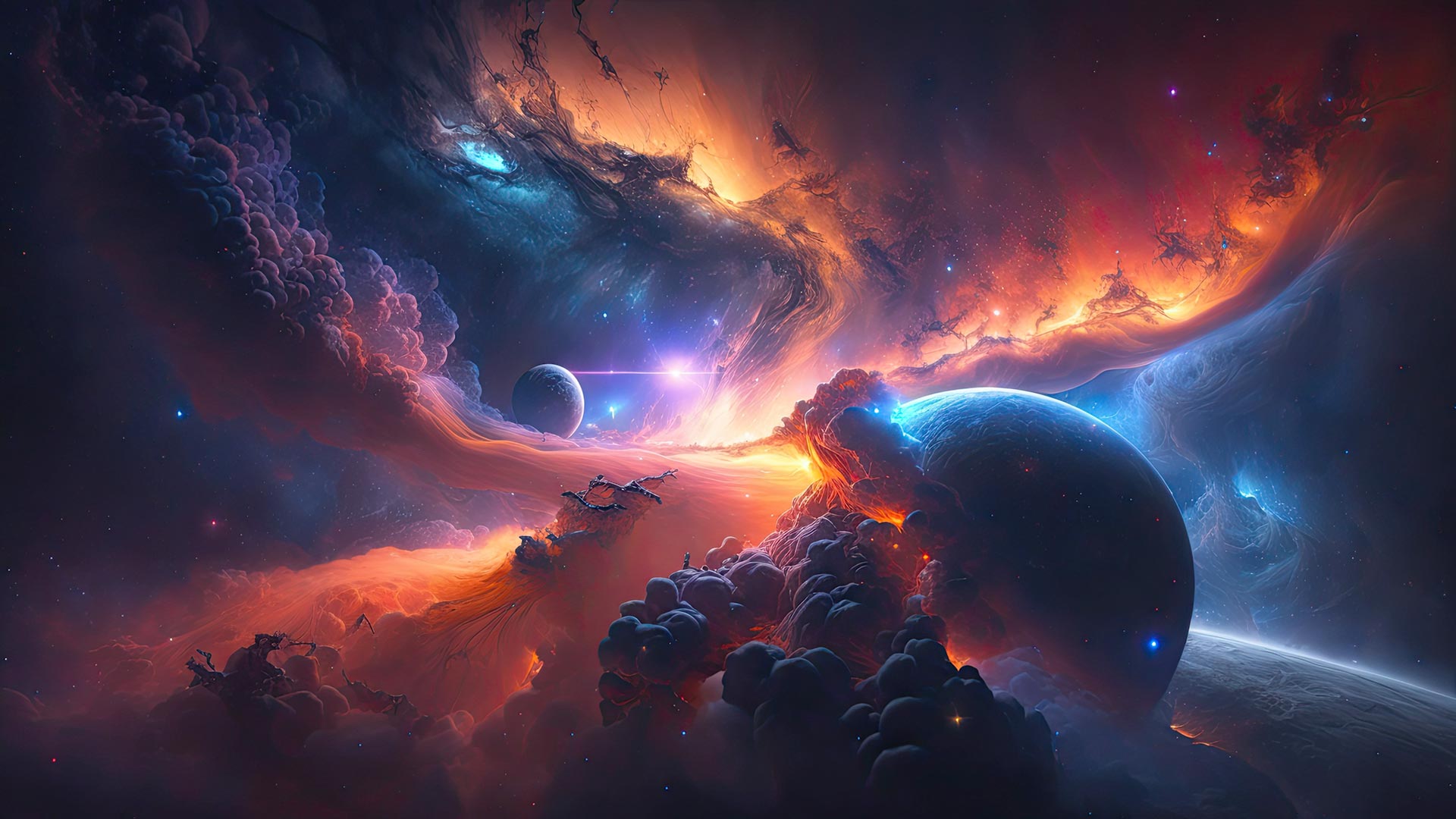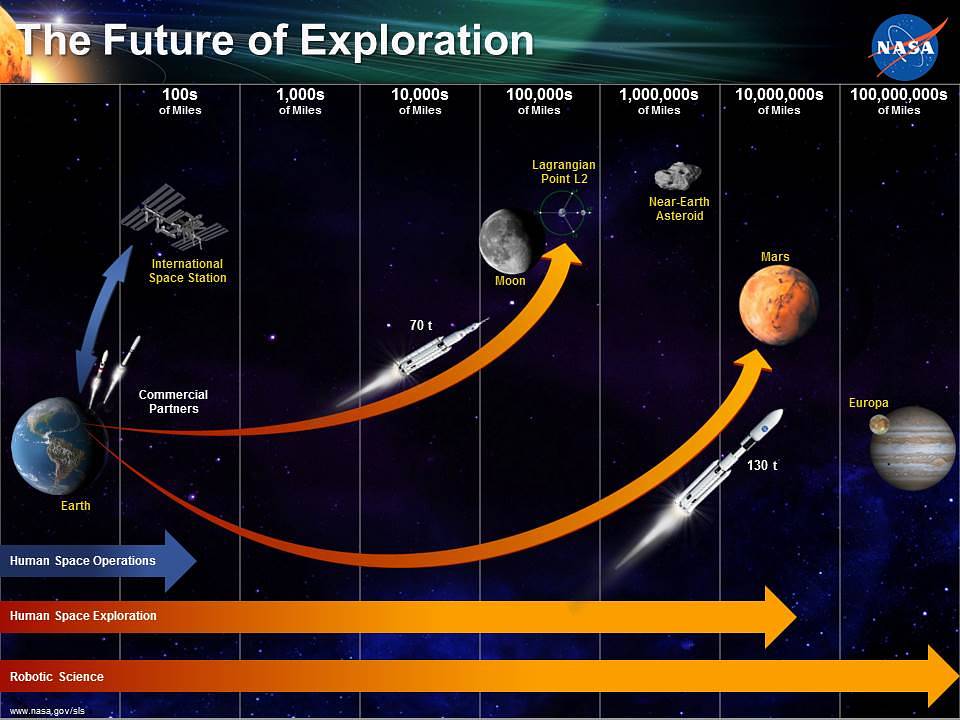
Generative AI Takes Off at the International Space Station
The dawn of a new era has arrived at the International Space Station (ISS), as Booz Allen Hamilton has successfully deployed its inaugural generative AI large language model (LLM) aboard the orbiting laboratory. This cutting-edge technology, which embraces the power of artificial intelligence, promises to transform the ways we gather and process data in the challenging confines of space.
 The integration of AI in space missions marks a significant leap forward in technology.
The integration of AI in space missions marks a significant leap forward in technology.
For over six decades, Booz Allen has been pivotal in supporting space missions, from the Apollo program to the Artemis program, continuously pushing the boundaries of what is possible. The recent integration of the Hewlett-Packard Enterprise’s (HPE) Spaceborne Computer-2, which hosts this advanced AI system, is a notable milestone in their legacy. This monumental capability enables the ISS to analyze and evaluate data in low-Earth orbit almost instantaneously—an unprecedented speed in space research.
A Leap into Real-Time Analysis
Traditionally, the process of data gathering aboard the ISS involved collecting information and later transmitting it back to Earth for analysis. This new AI integration radically changes this paradigm. The onboard AI processes data in near-real-time, achieving a staggering 30,000 times reduction in download size, and substantially shortening the time taken to send crucial information back home. As stated by Norm Follett, senior director of global marketing at HPE, this achievement aligns perfectly with the mission of making once unattainable innovations into practical applications.
“This type of breakthrough result by the Booz Allen team is exactly in line with the mission and purpose of the HPE Spaceborne platform.”
The implications of this technological advancement are monumental. Imagine astronauts gathering data on planetary conditions, cosmic anomalies, or even environmental changes without the delay of sending data back to ground stations. Instead, they can make real-time decisions based on immediate feedback. It’s akin to having a cutting-edge research lab right above our heads, instead of waiting for days or weeks for a response from Earth.
 The cutting-edge AI is set to revolutionize how we conduct space research.
The cutting-edge AI is set to revolutionize how we conduct space research.
Enhancing Astronaut Capabilities
This generative AI model is specifically designed to assist edge-deployed personnel in performing numerous tasks that range from quickly retrieving relevant information to providing accurate interpretations. This kind of sophisticated support will empower astronauts to solve complex problems while they are at their workstations, leading to a substantial improvement in workflow efficiency and results.
Chris Bogdan, Booz Allen Hamilton’s executive vice president, expressed his enthusiasm for this venture, remarking on the pioneering nature of integrating such technology in space. He emphasized that the deployment of generative AI in space moves us closer to developing mission-critical solutions that enhance operational effectiveness.
“Generative AI in space is truly the new frontier, and this capability unlocks the potential for on-orbit generative AI to integrate and develop mission-critical solutions.”
The New Frontier of Space Exploration
The sky is not the limit; it is just the beginning. The ongoing evolution of artificial intelligence within space exploration epitomizes a significant leap in our collective capabilities. By converging human ingenuity with AI, we are enabling a new dimension of space missions, a sphere where humans can focus on making critical decisions without the burden of data analysis bogging them down.
With the potential to revolutionize how we approach scientific research in extreme environments, this innovation invites us to reimagine the future of our role in the cosmos. Will this lead us to discoveries that reshape our understanding of the universe? It is not far-fetched to think that such advancements might ultimately allow humanity to establish a permanent presence in space.
 Exploring the cosmos is within our reach, thanks to groundbreaking AI technologies.
Exploring the cosmos is within our reach, thanks to groundbreaking AI technologies.
A Personal Reflection
As I ponder the implications of AI’s increasing integration in space missions, I am reminded of the profound respect I have for the astronauts and scientists dedicated to exploring the unknown. Their relentless pursuit of knowledge, combined with advanced technologies like the generative AI model from Booz Allen, reflects humanity’s innate desire to explore and expand our horizons.
In my own experiences with technology, I’ve often felt that the barrier between possibility and realization can sometimes feel daunting—yet initiatives like this reaffirm my belief that innovation can and does make the impossible possible. Just as I have utilized AI tools to streamline my processes in writing and reporting, these tools can similarly enhance the capabilities of astronauts who venture into the vast unknown. It would not only improve our operational efficiency but may also pave the way for new discoveries that could redefine our understanding of life beyond Earth.
In conclusion, the deployment of Booz Allen’s generative AI at the ISS stands as a testament to the progressive fusion of technology and exploration. As we eagerly anticipate the future of space travel and research, one thing remains clear: the cosmos are no longer a realm of mere observation but a canvas for human creativity and ingenuity, powered by innovative technologies. Here’s to hoping that we’ll continue to see such groundbreaking advancements occurring not just in space, but in every avenue of exploration and discovery.
Join the Conversation
What are your thoughts on the role of AI in space exploration? Share your insights and predictions about the future of technology in our outreach beyond our planet!
For those excited about tracking the International Space Station or to learn more about space exploration, check out Spot The Station.















